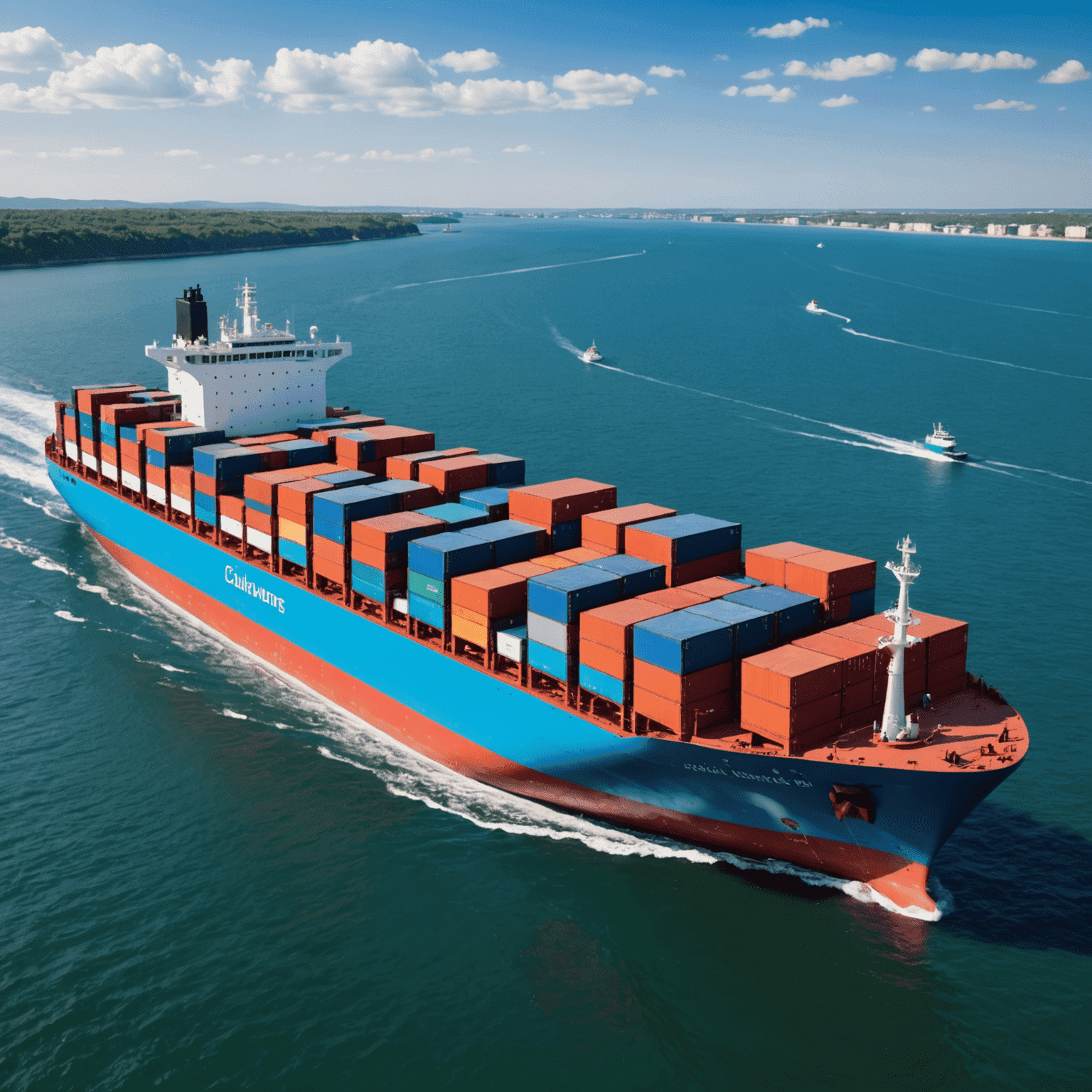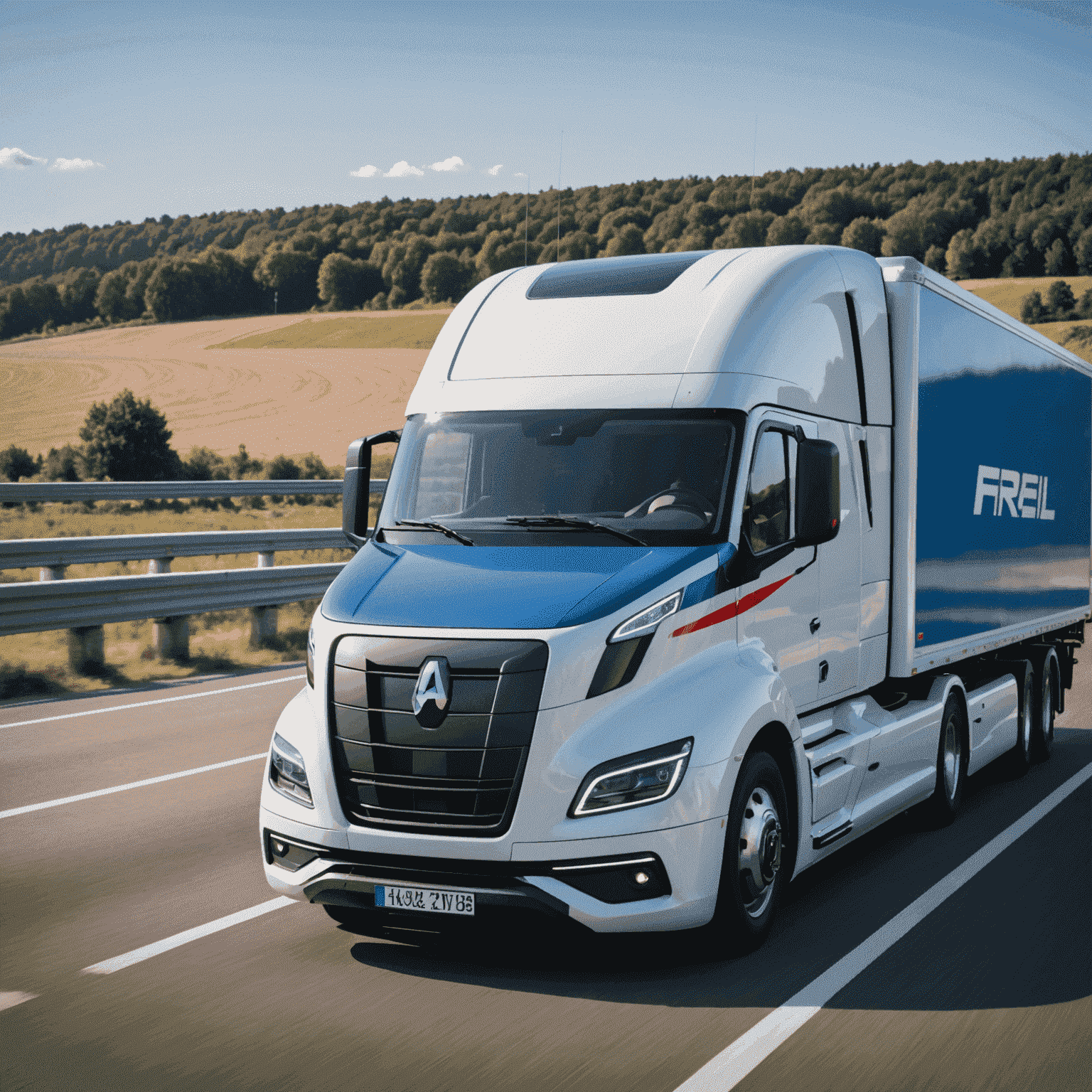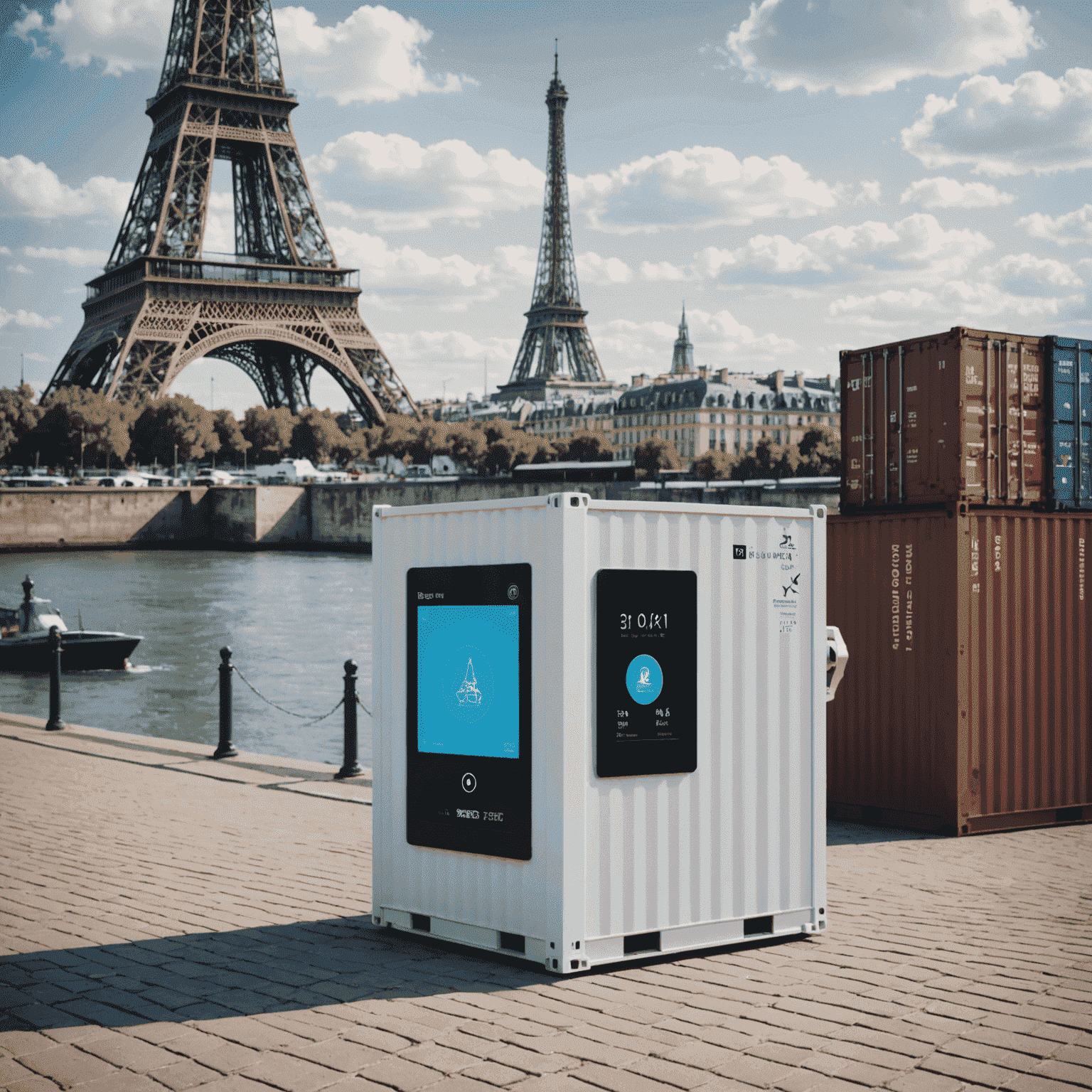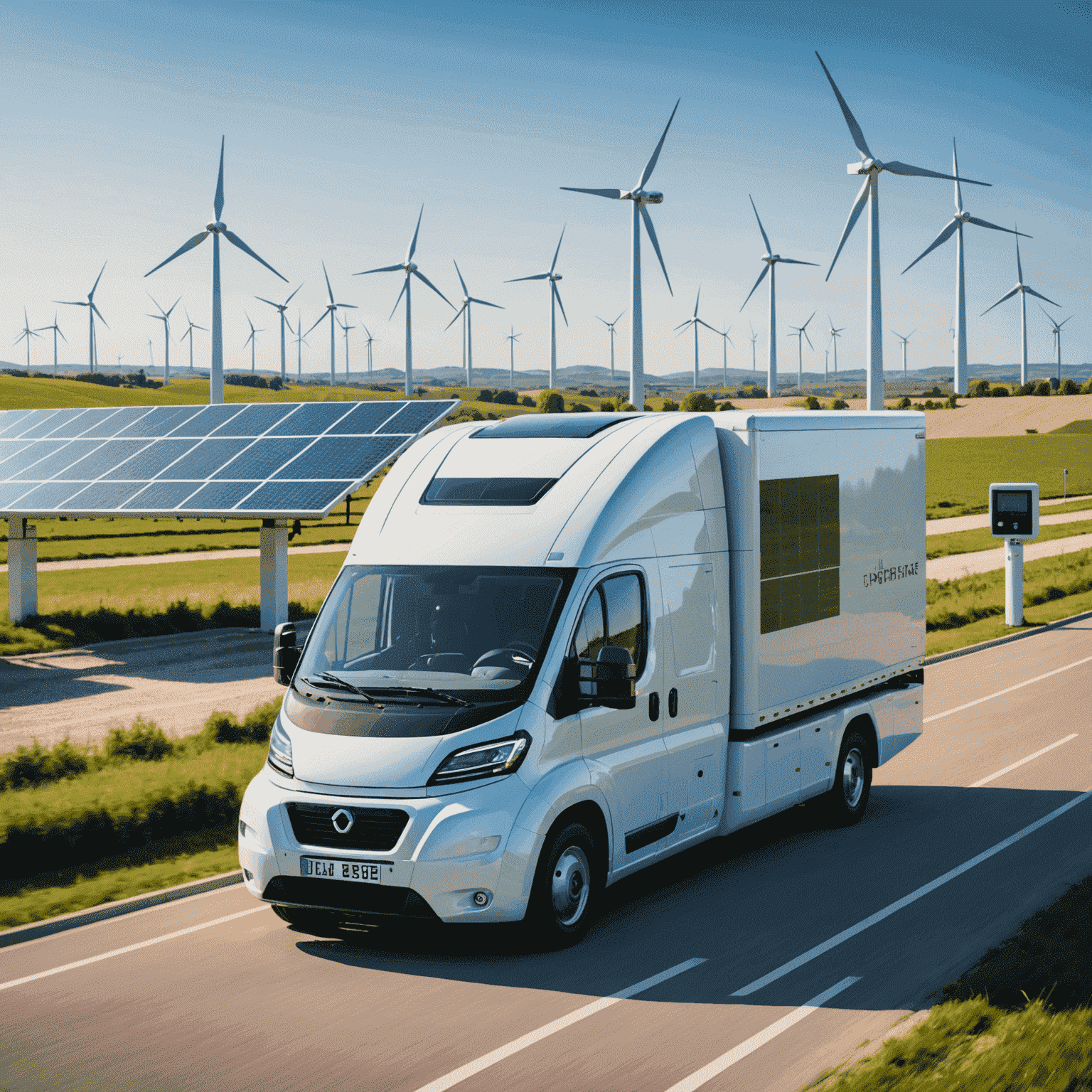Latest Cargo Transport Innovations

The cargo transportation industry in France and beyond is experiencing a revolutionary transformation, driven by cutting-edge technologies that are reshaping how goods are moved across the globe. Let's explore some of the most exciting innovations that are setting new standards in efficiency, sustainability, and reliability.
Autonomous Vehicles in Cargo Transport
Self-driving trucks are no longer a concept of the future. In France, companies are testing autonomous vehicles for long-haul transportation, promising reduced fuel consumption and increased safety on the roads. These trucks use advanced AI algorithms and sensor technologies to navigate highways and optimize routes in real-time.

Drone Delivery Systems
Urban areas in France are seeing the rise of drone delivery systems for small cargo. These unmanned aerial vehicles are perfect for last-mile delivery, reducing traffic congestion and carbon emissions. French startups are at the forefront of developing secure and efficient drone delivery networks that comply with strict European aviation regulations.
IoT and Smart Containers
The Internet of Things (IoT) has made its way into cargo transportation, with smart containers now able to transmit real-time data about their location, temperature, and condition. This technology is particularly crucial for transporting sensitive goods across France's diverse climate zones, ensuring that products arrive in perfect condition.

Blockchain for Supply Chain Transparency
French logistics companies are adopting blockchain technology to create transparent and tamper-proof supply chains. This innovation allows for better tracking of goods, reduces paperwork, and enhances trust between parties involved in the transportation process. Blockchain is particularly beneficial for international shipments, streamlining customs procedures and reducing delays.
Green Energy Solutions
As France pushes towards its ambitious climate goals, the cargo transportation sector is embracing green energy solutions. Electric and hydrogen-powered vehicles are being introduced for short and medium-haul transportation. Additionally, solar-powered warehouses and charging stations are becoming more common, reducing the carbon footprint of the entire logistics chain.

Conclusion
These innovations in cargo transportation are not just improving efficiency and reducing costs; they're paving the way for a more sustainable and interconnected global trade network. As France continues to be a leader in adopting these technologies, we can expect to see even more exciting developments in the near future, further solidifying the country's position as a hub for innovative cargo transportation solutions.